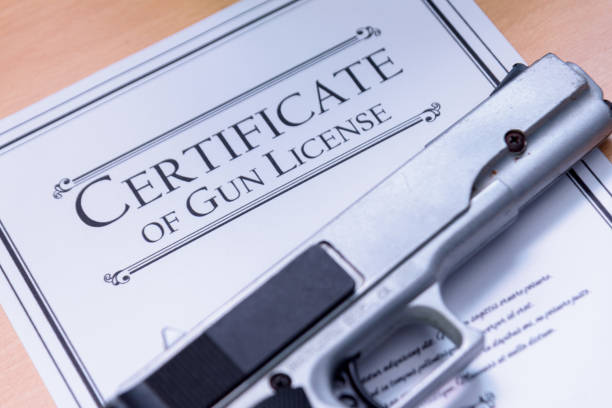Before obtaining a gun license in India, it’s crucial to understand the laws and regulations governing firearm ownership. India has stringent regulations concerning the possession, acquisition, and use of firearms to ensure public safety and prevent misuse. Here’s an overview of the key legal provisions and requirements:
Firearms Act, 1959
The primary legislation regulating firearms in India is the Arms Act, of 1959, which aims to control the possession, use, and transfer of firearms and ammunition. The Act categorizes firearms into different classes and lays down the rules for licensing, registration, and penalties for violations.
Categories of Firearms
Under the Arms Act, firearms are classified into various categories based on their lethality and intended use. These categories include:
- Prohibited Bore (PB): Firearms in this category, such as automatic weapons and certain types of handguns, are prohibited for civilian possession.
- Non-Prohibited Bore (NPB): Firearms in this category, including shotguns and rifles, are allowed for civilian possession under a license.
- Necessary Weapons (NW): Firearms deemed necessary for individuals engaged in certain professions, such as security personnel, are categorized as necessary weapons.

Licensing Authority
The issuance of firearm licenses is regulated by state governments in India. Each state has designated licensing authorities responsible for processing applications, issuing licenses, and overseeing compliance with firearm laws.
Eligibility Criteria
To obtain a firearm license in India, an individual must meet certain eligibility criteria, which may include:
- Being a citizen of India.
- Being of sound mind and not disqualified under any law.
- Being over a certain age, typically 21 years for rifles and 18 years for shotguns.
- Demonstrating a genuine need or threat for self-defence or sporting purposes.
Application Process
The process for obtaining a firearm license generally involves the following steps:
- Submission of Application: The applicant must submit a completed application form along with the required documents, such as proof of identity, address, and eligibility.
- Background Verification: The licensing authority conducts background checks to verify the applicant’s criminal record, mental health status, and any other relevant information.
- Interview: In some cases, the applicant may be required to appear for an interview with the licensing authority to assess the need for the firearm.
- Training Requirement: Depending on the type of firearm and intended use, the applicant may need to undergo training in firearm safety and handling from a certified instructor.
- Issuance of License: If the application is approved, the licensing authority issues a firearm license specifying the type of firearm, conditions of use, and validity period.
Conditions and Restrictions
Firearm licenses in India are subject to various conditions and restrictions, including:
- Limitations on the number and type of firearms allowed.
- Restrictions on carrying firearms in public places.
- Requirements for safe storage and handling of firearms.
- Renewal requirements, typically every few years, to ensure continued eligibility and compliance.
Penalties for Violations
Violations of firearm laws in India, including possession of unlicensed firearms or misuse of licensed firearms, are punishable by fines, imprisonment, or both, depending on the severity of the offence.
ALSO READ – https://advocatetanwar.com/objectives-scope-of-arms-act-1959/: Laws and Regulations Governing Firearm Ownership in IndiaConclusion
Obtaining a firearm license in India involves navigating a complex legal framework aimed at ensuring public safety and preventing misuse of firearms. Prospective applicants must familiarize themselves with the relevant laws, meet the eligibility criteria, and adhere to the procedures outlined by the licensing authorities to legally possess and use firearms in the country.
Adv. Khanak Sharma

